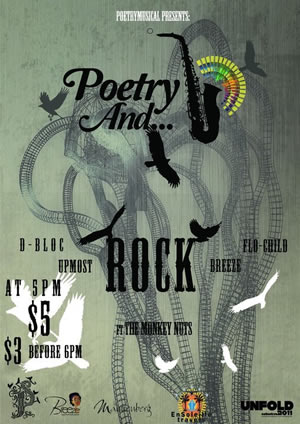Posted on July 28th, 2011 by Bev Clark. Filed in Economy, Governance, Reflections, Uncategorized.
Comments Off
Here’s a radical idea: what if Mugabe stays home for a few months and his travel allowance, generous as it is, goes towards helping ZESA, our national power company, get back on its feet? Apparently ZESA has been running adverts on state controlled TV asking people to switch off their switches and geysers. Hmmm. The average citizen is yet again asked to moderate their behaviour but all the while the chefs in suits Just Don’t Give a Damn.
Posted on July 28th, 2011 by Amanda Atwood. Filed in Governance, Inspiration, Reflections.
Comments Off
We just got this in from an SMS subscriber. I thought it was a very good question! Let’s see more MPs using public transport to get to rallies – as well as to other events.
I would love to see my MDC. MP coming to a rally to address us using public transport
Posted on July 28th, 2011 by Upenyu Makoni-Muchemwa. Filed in Media, Reflections, Uncategorized.
Comments Off
Pamberi Trust in collaboration with the British Council and The Prince Claus Foundation re-launched their Mind Blast series last week. The aim of the Mind Blast discussions is to serve as a networking platform, and as a forum to discuss and debate the opportunities and challenges faced by the creative industry. The first of the discussions involved artists, civic society organisations and arts administrators and took place at the Mannenburg. The discussion was opened by an emotive and poignant performance of two Harare Files monologues by Tonderai Munyebvu.
A number of issues arose during the discussion, most significantly was the relationship between artists and civic organisations and the art that was created as a result. In a previous interview with Kubatana Rumbi Katedza said:
The challenge that has arisen here in Zimbabwe is that it seems to be the only direction that art has been taking over the last decade because that [civic organisations] is where much of the core funding has been coming from. Individuals and organisations will do art depending on what the key word is for that day. We’re stuck in a rut; we need to get out of that and create art for art’s sake.
During the discussion several artists echoed this sentiment and also expressed concern over the emergence of NGO agenda driven art. While it is noble to want to create art for its own sake, many artists noted that they too had to make a living and because of this, their art was subject to corruption for the purpose of delivering a message. Civics, it was noted, often demanded that art be explicit in conveying their message. Another artist expressed frustration that while local artists were forced to produce this kind of art, conversely, artists from the home countries of some donors and organisations were treated completely differently, and given the space to create and or perform their art without interference. Participants moved on to agree that art was created in response to the artist’s environment, and thus art was important in examining social issues.
There is in general a need to find alternative means for supporting art, and teaching artists and arts administrators’ sustainable business models. An oft cited example of a commercially successful Zimbabwean artist who has managed to stay true to his artistic voice is Oliver Mtukudzi, another example is Dominic Benhura. Their models for creating commercial viability vary but the outcome is the same: they are able to live on their art.
Posted on July 28th, 2011 by Bev Clark. Filed in Activism, Governance, Uncategorized.
Comments Off

Photo from The Zimbabwean.
Riot police stand aside whilst violent protesters besiege Parliament. But when activists from Women of Zimbabwe Arise (WOZA) peacefully deliver a petition to Parliament or ZESA they get rounded up by riot police and taken down to Harare Central.











